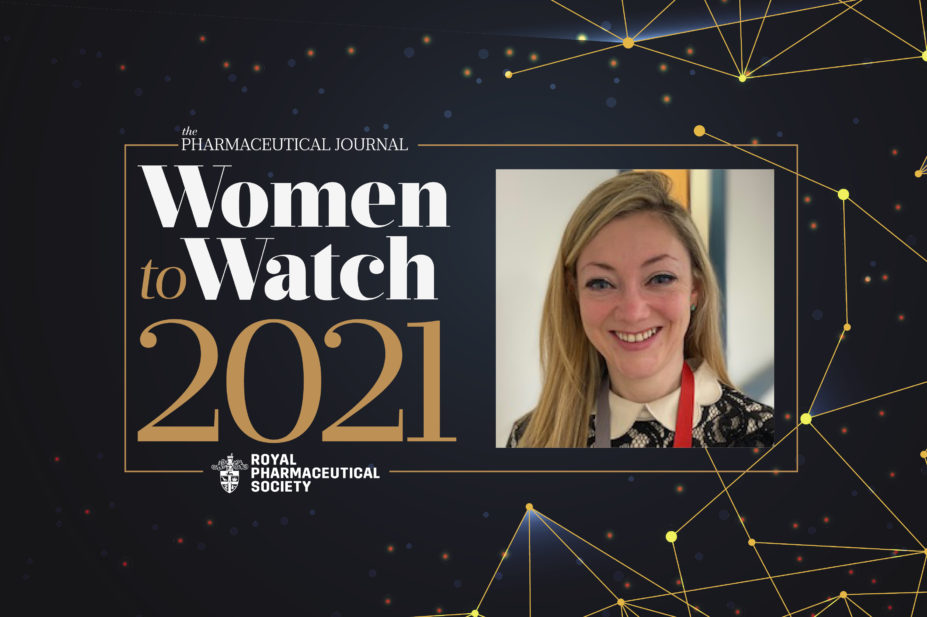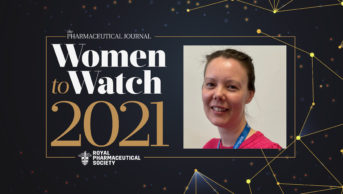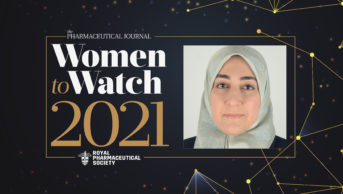
Claire Brandish / Shutterstock.com
Since securing £150,000 to grow her team from one person to five people in 2017, Claire Brandish has revolutionised the impact of antimicrobial stewardship at Buckinghamshire Healthcare NHS Trust.
After one year, Brandish had already quadrupled the trust’s return on investment, saving more than £650,000 on anti-infectives in 2018/2019 and delivering on the hospital’s Commissioning for Quality and Innovation (CQUIN) target for antibiotic consumption each year since.
This was achieved through significantly increasing the number of pharmacy-led multidisciplinary ward rounds. Between 2017/2018 and 2020/2021, these increased from 39 rounds to 252 rounds, boosting the number of patients reviewed from 275 in 2017/2018 to 1,556 in 2020/2021.
No matter what work or life demands of her, she rolls her sleeves up and will be the first in line to help resolve a problem
As a result, the number of patients who had their antibiotics stopped rose from 65 in 2017/2018 to 312 in 2020/2021.
“No matter what work or life demands of her, she rolls her sleeves up and will be the first in line to help resolve a problem, bringing humour and grit and getting to the end of the day and congratulating everyone else,” says her nominator.
Her influence extends internationally. In 2018, Brandish began sharing antibiotic stewardship and hand hygiene best practice with colleagues in Uganda.
The project was part of the ‘Chief Pharmaceutical Officer’s Global Fellowship’ scheme, through which Brandish and her team have forged a lasting partnership with the pharmacy department and team in Uganda through developing and delivering training.
“The positivity you can gain from that experience is phenomenal,” says Brandish. “We did worry we weren’t big enough to take this on and none of us had done this kind of thing before.”
It took a lot of hard work for the team to find a partner to work with, but a last-ditch LinkedIn post led to a collaboration with Nottingham Trent University that is still in place after the initial project came to an end in 2019.
It was a “major turning point”, says Brandish, and they now have other plans in the pipeline. Their ongoing work in Uganda through the Commonwealth Partnerships for Antimicrobial Stewardship scheme has been shortlisted for several awards and they have also published work that illustrates how the global fellowship programme boosts leadership skills among NHS pharmacists.
“Seeing the work and enthusiasm and commitment when the resources are so limited makes you look very differently at your work in the NHS and you realise that anything is possible,” she says. “Hopefully we can both learn from each other. There is a lot you can take away.”
Brandish found her niche in antimicrobial pharmacy in 2006 after three years of rotational posts as part of a hospital pharmacy training programme in London.
“I put together a business case and became the first antimicrobial pharmacist at Queen Elizabeth Hospital in Woolwich. Then I had six months to prove my worth and, on the back of that, permanent antimicrobial pharmacist posts were established,” she says. It felt “like a lot was on me as an individual”.
With various trust mergers over the next few years, she would have to keep making that case and reapply for her job several times. Eventually, with young children, she decided to relocate to be closer to her family in Buckinghamshire. She started working at Stoke Mandeville Hospital where she did her preregistration training to become an anti-infectives pharmacist.
“It was the same job I had been doing in London but in terms of the people and dynamics it felt like a different job again.”
More recently, Brandish has turned her work on its head with the whole team redeployed to work in intensive care during the first and second waves of the COVID-19 pandemic, all while her children, aged seven and nine years, had key worker places at school. In the early days, she says everything was constantly changing as they learned more about COVID-19.
She took it as an opportunity to forge better links with intensive care and respiratory teams.
“Even now things are very different, and we have to respond to what’s most urgent and where the need is,” she says. “It has been a juggle and a steep learning curve.”
Panellist comments
“Driven and influential. Her innovative approach has secured a respectful amount of money to increase number of team members resulting in the delivery of CQUIN target of the year.”
“It is inspiring to hear of Claire’s sustained work on antimicrobial stewardship. Her drive to look beyond her organisation and build links globally is amazing.”
“She is a wonderful role model for profession and demonstrates how one person can have such a positive influence on a team.”
Meet the rest of The Pharmaceutical Journal’s Women to Watch 2021 here


